The demonstration, organized by the International Union of East Turkistan Non-Governmental Organisations, aimed to raise awareness about the ongoing genocide in the region and seek justice for the victims.
Hidayet Oğuzhan, President of the International Union of East Turkistan Non-Governmental Organisations, addressed the crowd during the protest. He urged the United Nations Human Rights Council and countries bound by the United Nations Convention on the Prevention of Genocide to take immediate action. Oğuzhan emphasized the need for fulfilling institutional and contractual obligations to halt the genocide in East Turkistan.
The protest served as a powerful reminder of the atrocities committed during the Ghulja Massacre and highlighted the urgent need for international intervention to protect the rights and lives of the East Turkistani people.
February 5th marks the 27th anniversary of the Ghulja Massacre. The Ghulja Massacre occurred on February 5, 1997, in the Ghulja city of East Turkistan, where the Chinese communist regime murdered, forcibly disappeared, and imprisoned hundreds of Uyghur youth who had gone in a peaceful demonstration to demand their rights and freedom in Ghulja.
In the 1990s, amidst widespread unemployment, alcohol and drug abuse, the Ghulja Uyghurs revived Meshreps; a traditional Uyghur cultural gathering. Meshreps featured speeches and cultural performances providing spiritual guidance to Uyghur youths and educating them on the religious and cultural values of the Uyghur people. The Meshrep quickly proved effective and were able to address the social issues among the Ghulja youth. However, this was seen as a threat by the Chinese regime, where it was more willing to turn a blind eye to the drug dealers in Ghulja than to the solution Uyghurs had resorted to. Thus, the Chinese authorities banned Meshrep and arrested the young leaders seen to be organizing Meshreps.
In response, on February 5, 1997, more than 500 Uyghurs in Ghulja went on a peaceful demonstration to demand freedom, human rights, and the release of the detained youths. Instead of listening to the rightful demands of the protestors, the Chinese police forces brutally cracked down on the demonstration, murdered and arrested hundreds of peaceful demonstrators. The abuses did not stop there, but in the following months, Ghulja city continued to witness arbitrary arrests, disappearances, and devastation that tore apart many Uyghur families.
One of the most painful days in recent Uyghur history. It was a culmination of the CCP’s persecution and attack on the religious freedom and human rights of the Uyghur people at the end of last century. The Chinese regime brutally massacred hundreds of Uyghur youths and destroyed many Uyghur families in Ghulja. Now, the Chinese communist authorities continue to inflict tremendous pain upon millions of Uyghur Muslims. The Chinese regime has effectively criminalized Islamic practices in East Turkistan, not leaving any space for Uyghurs to practice their faith. The Muslim Ummah must see this reality and stand up to China’s genocide and war on Islam in East Turkistan. In particular, the Muslims must not allow people to wash China’s crimes against Uyghur Muslims with an Islamic guise, like those so-called Muslim scholars who were brought for show, by the Chinese authorities to East Turkistan last year.
Today, Uyghurs call on the international community to take action to stop China’s genocide in East Turkistan. Moreover, they call on the Islamic World, and particularly the Organization of Islamic Cooperation (OIC) to denounce the CCP’s genocide and religious persecution of the Uyghur Muslims. As the largest international Islamic entity, the OIC has a huge responsibility to condemn China’s war on Islam and genocide in East Turkistan. (ILKHA)
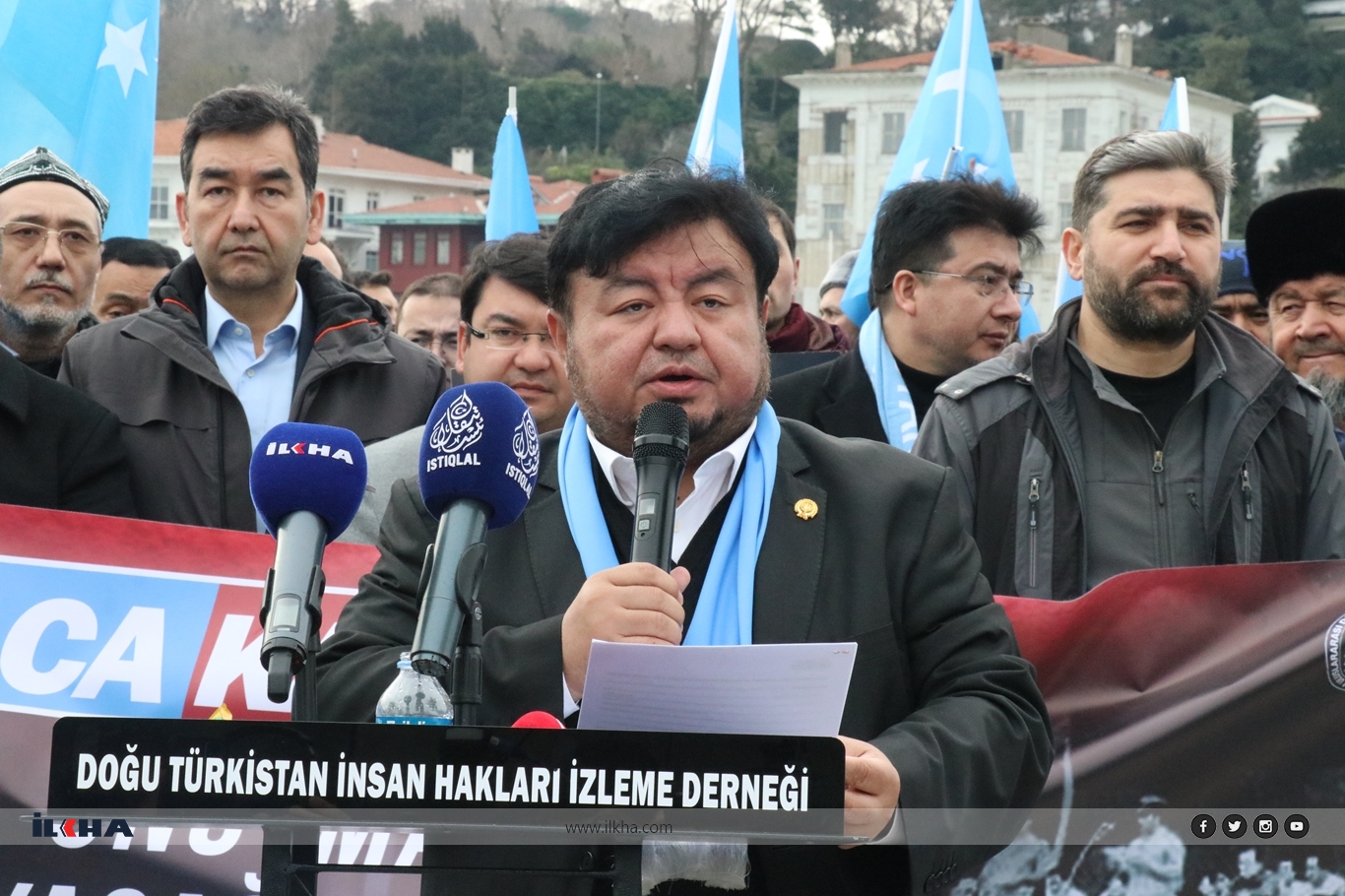
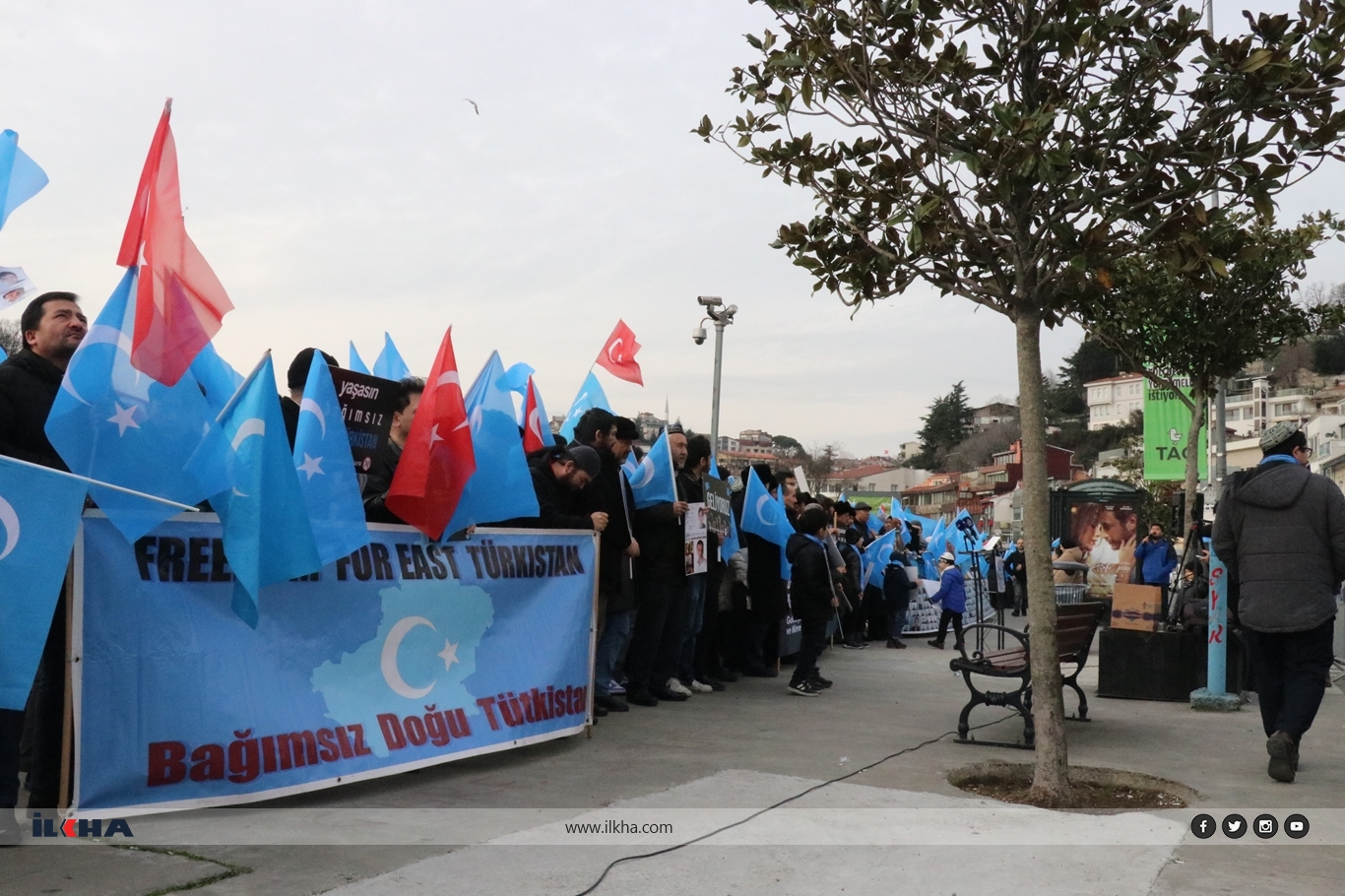
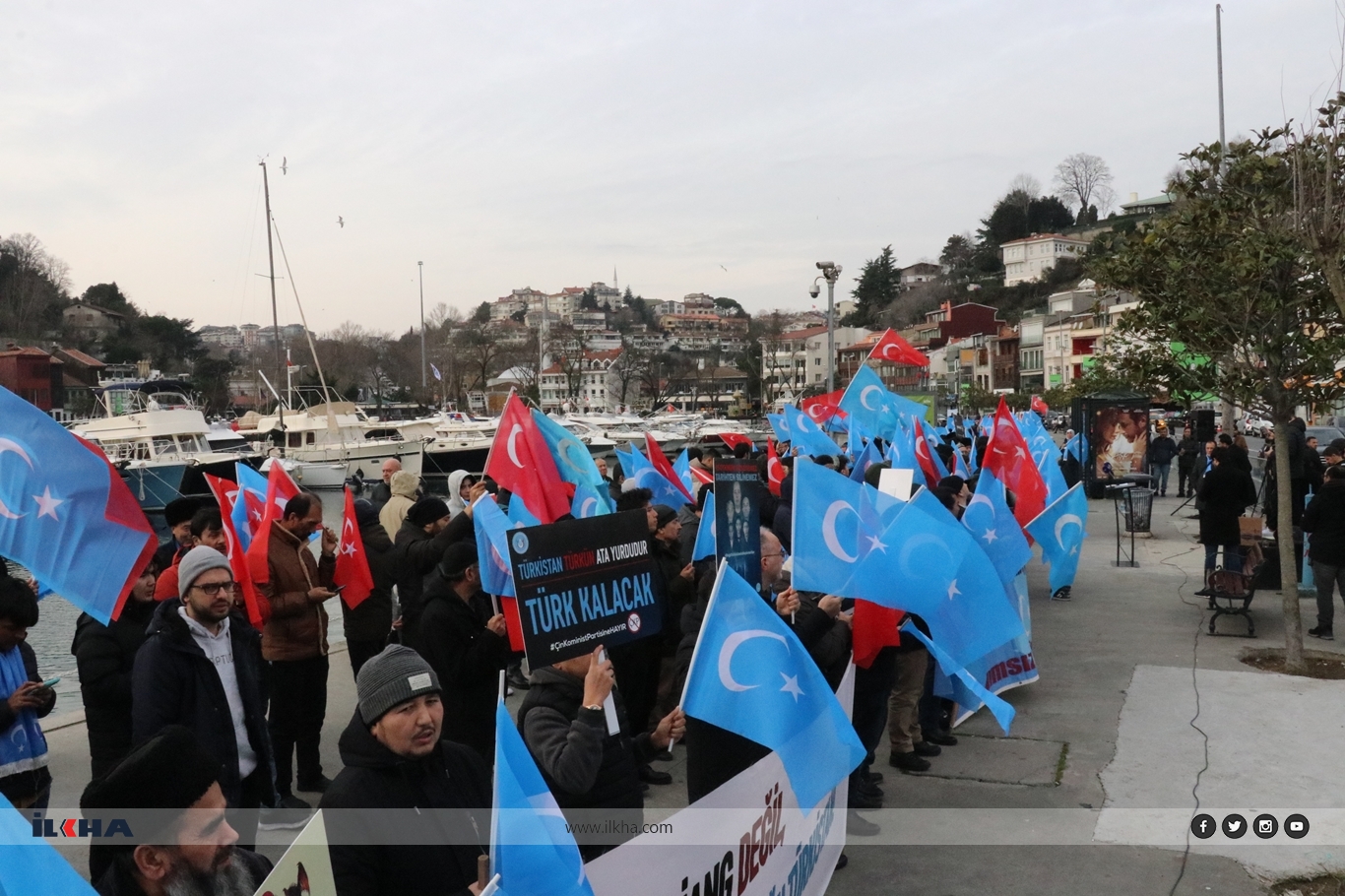
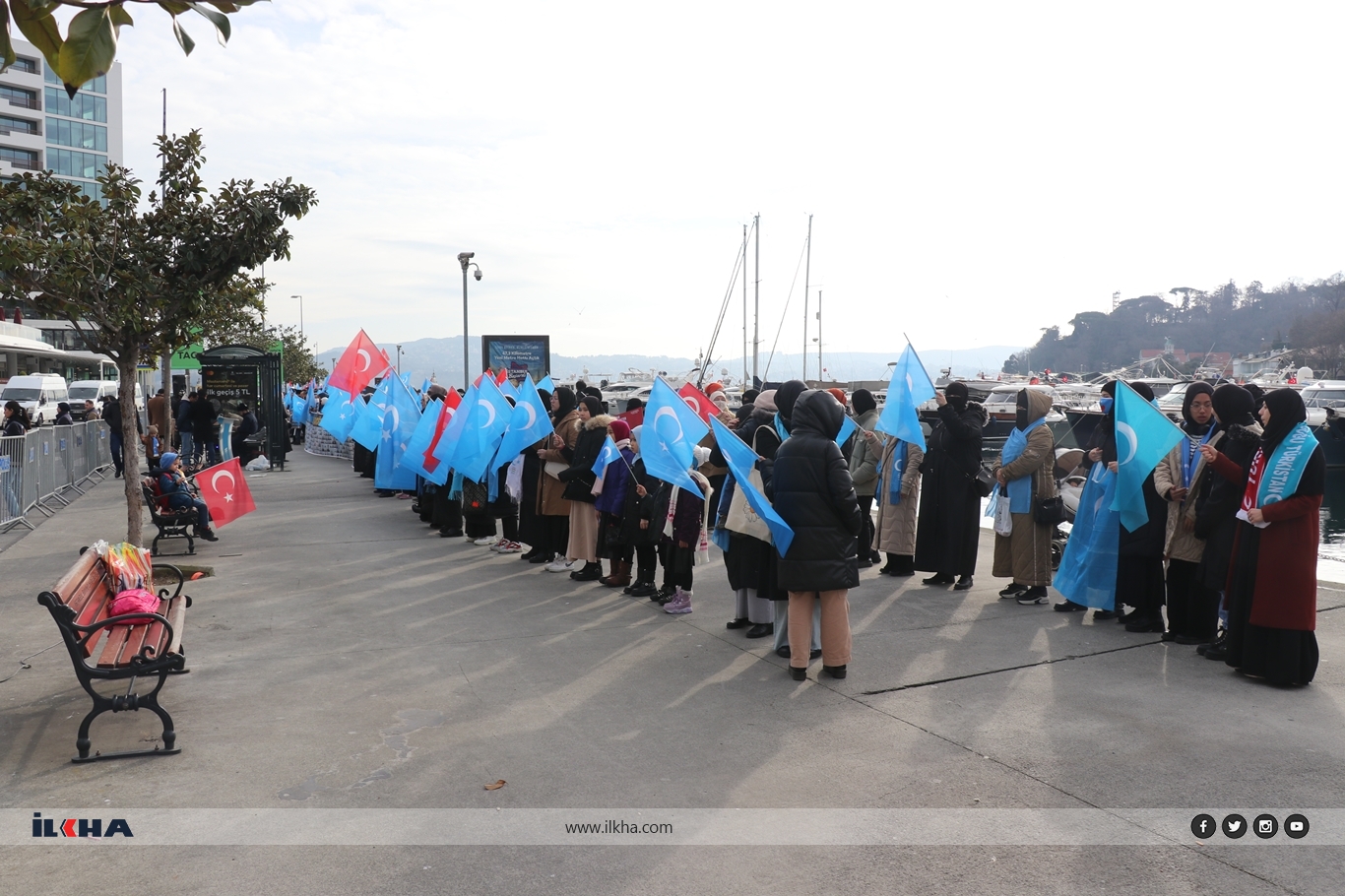
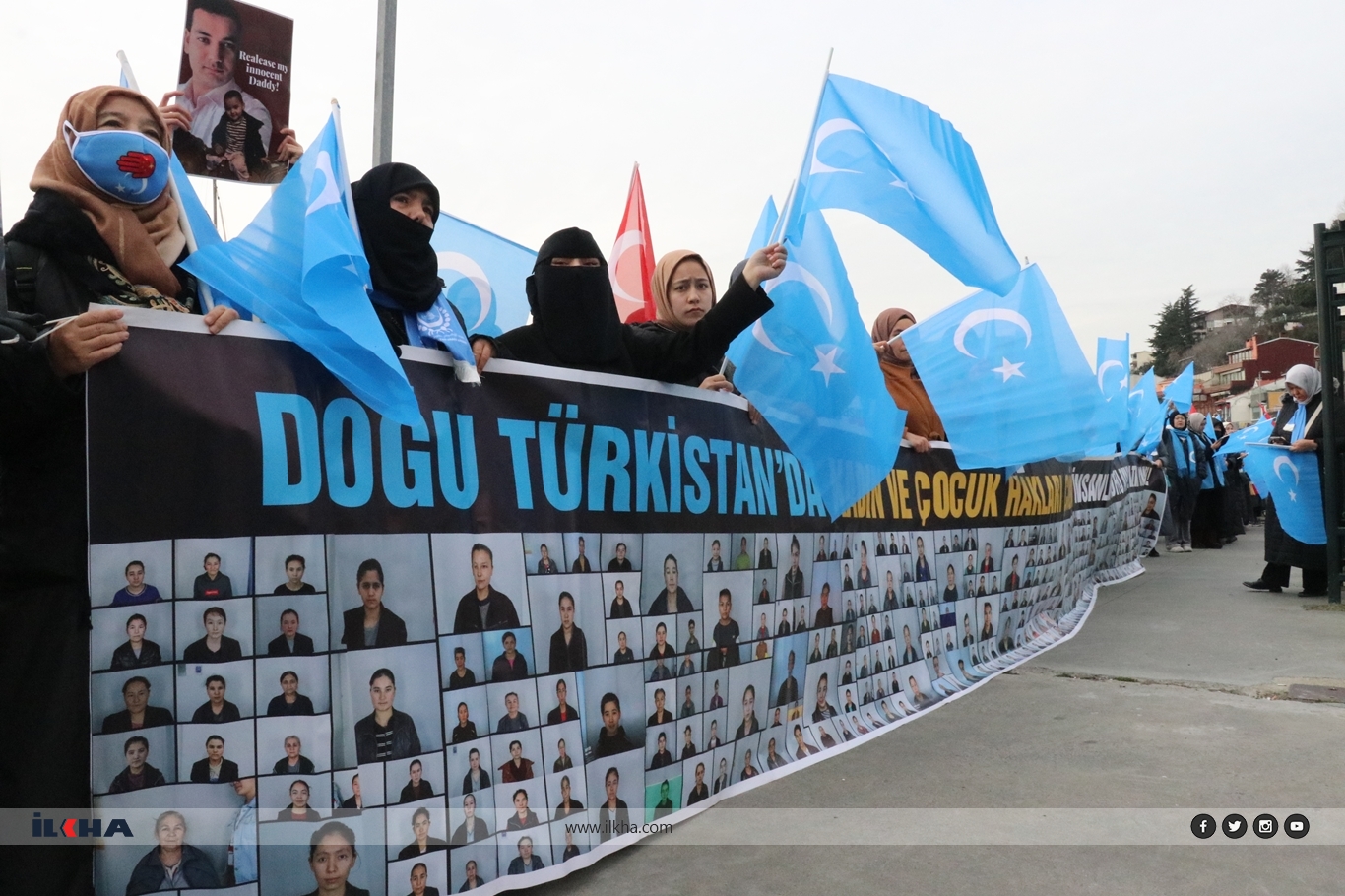
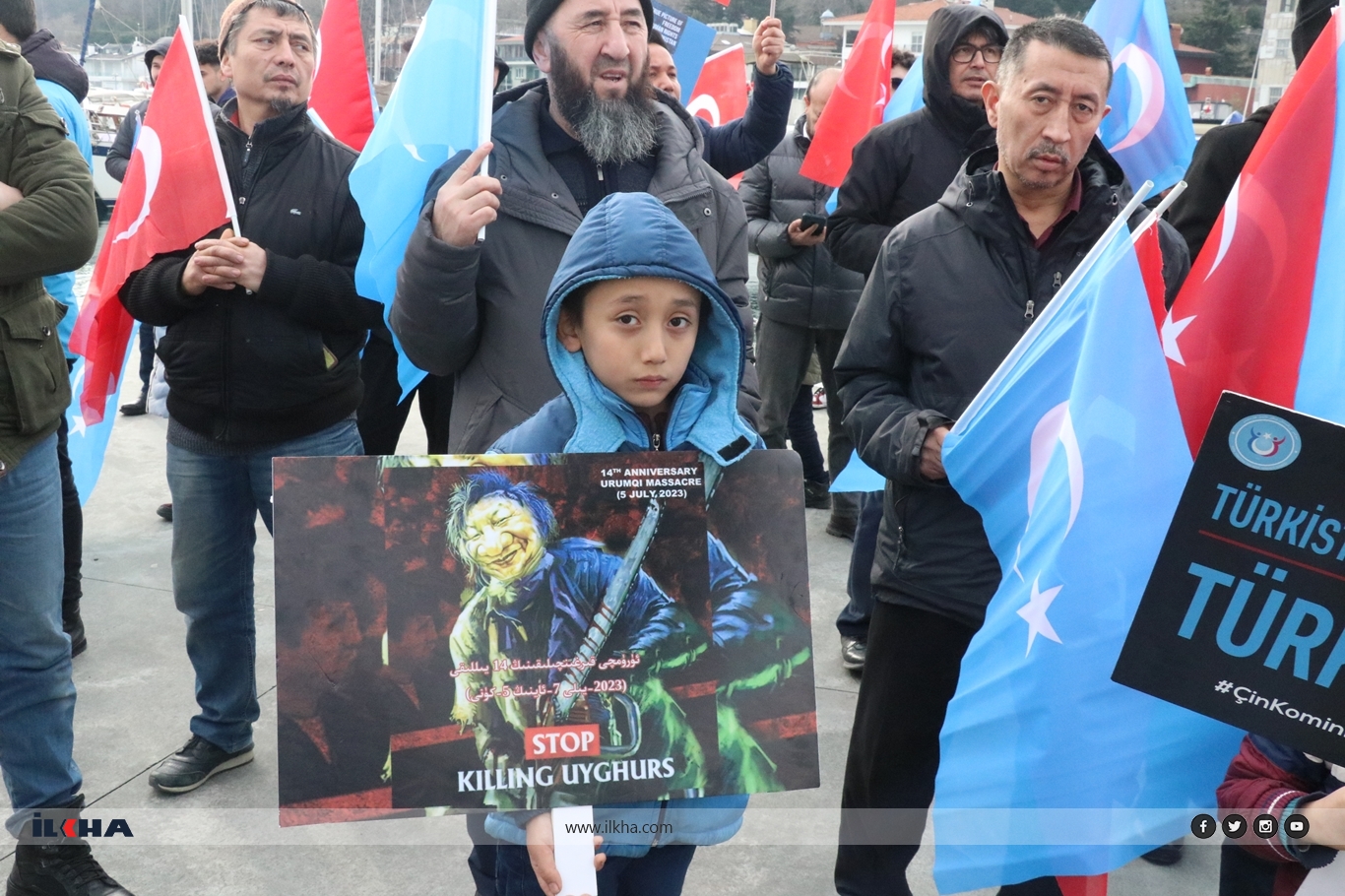
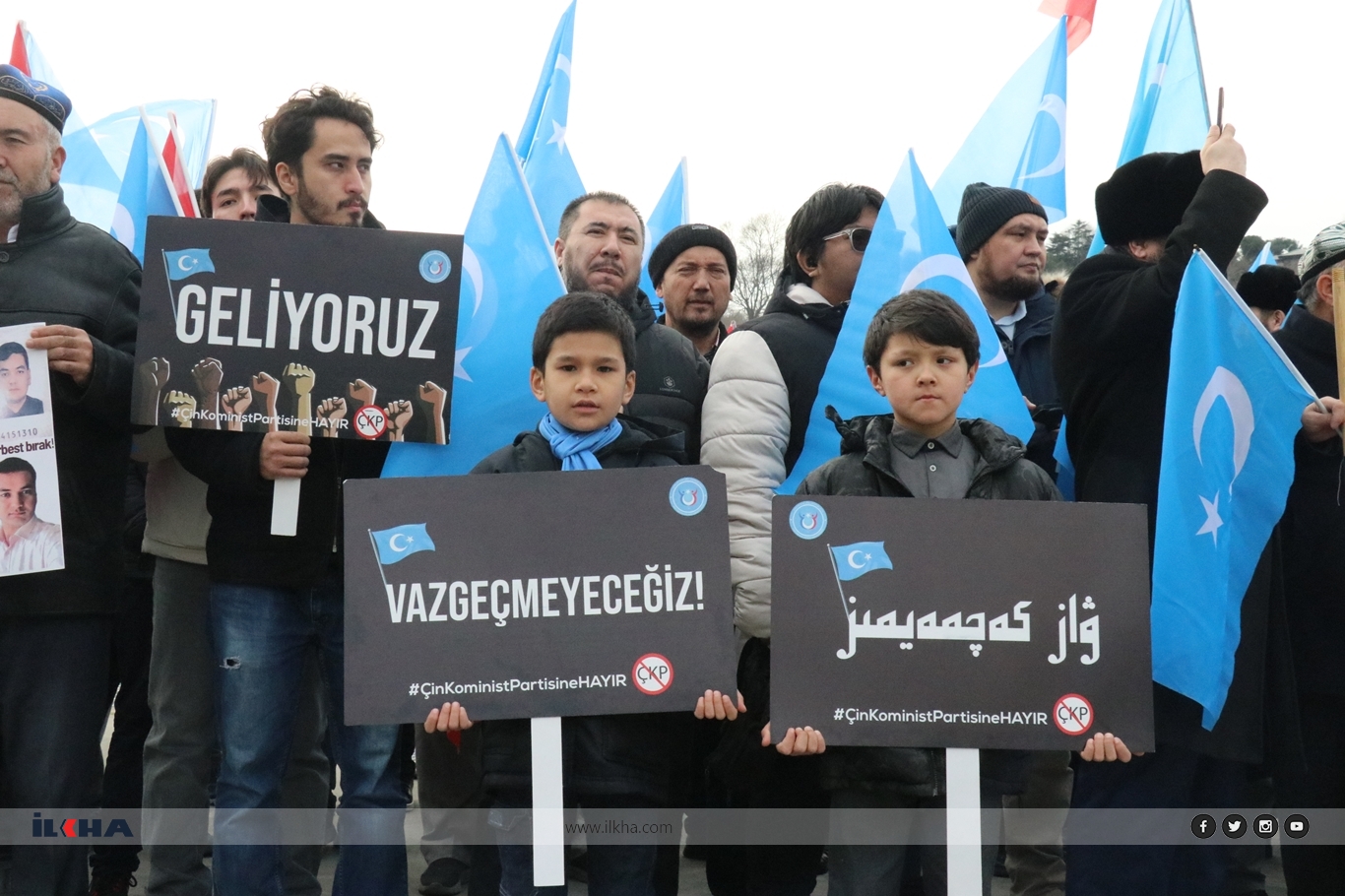
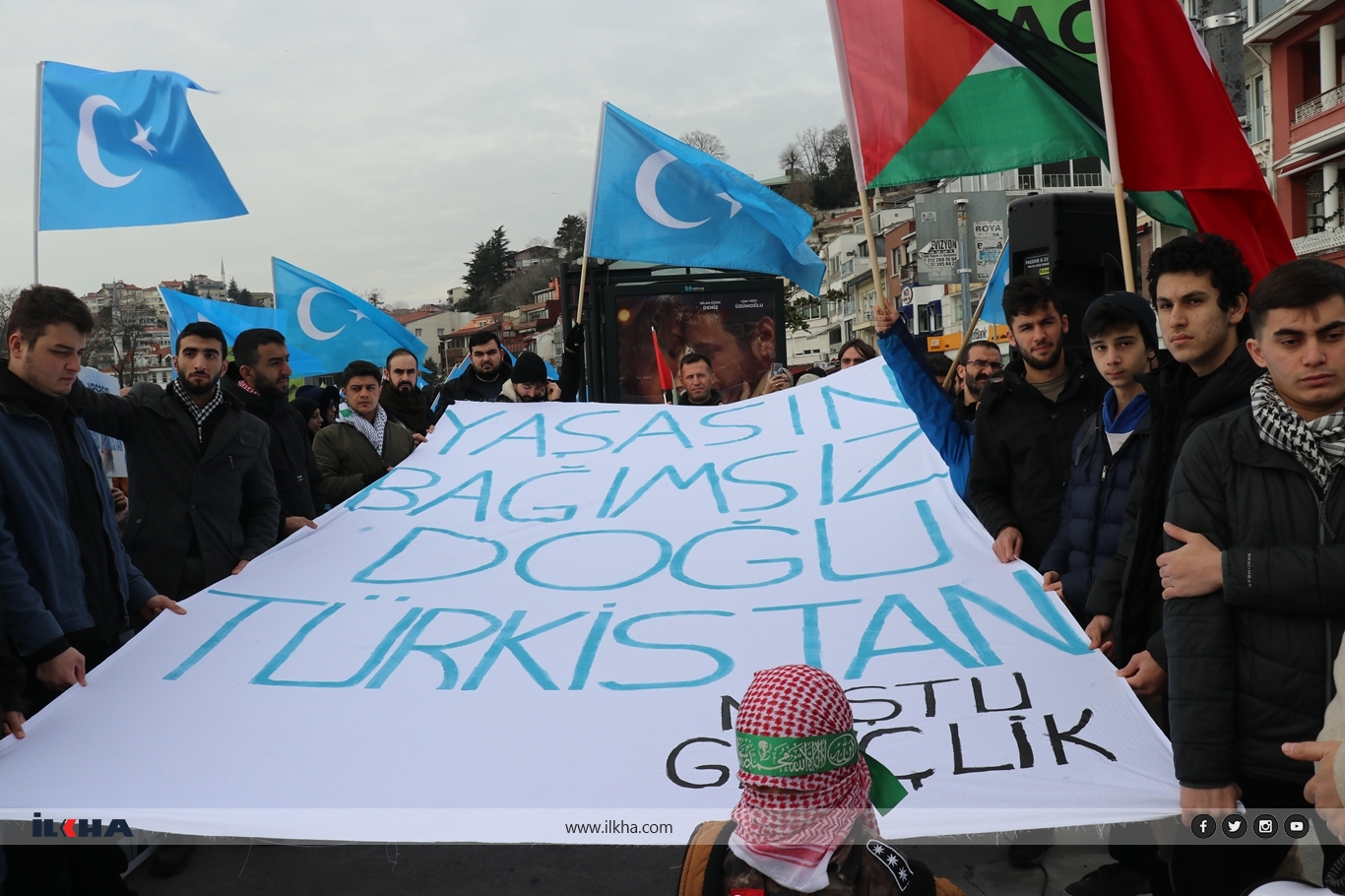
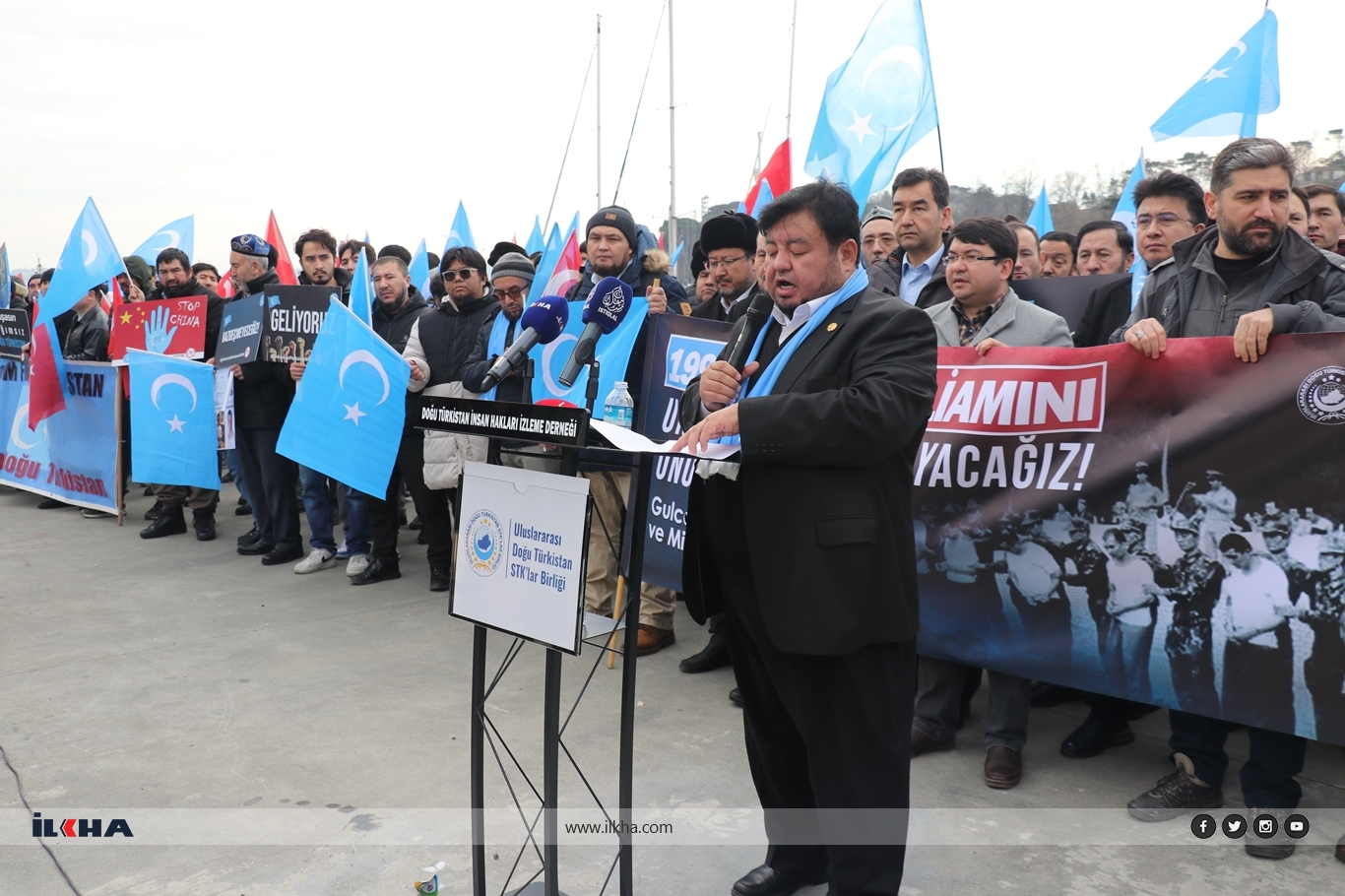

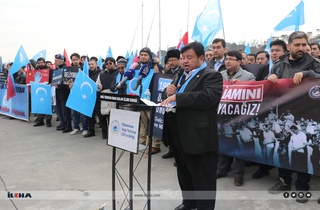

 Güncel
Güncel
 Güncel
Güncel
 Güncel
Güncel
 Güncel
Güncel
 Güncel
Güncel
 Eğitim
Eğitim
 Dünya
Dünya
 Dünya
Dünya
 Güncel
Güncel
 Güncel
Güncel





